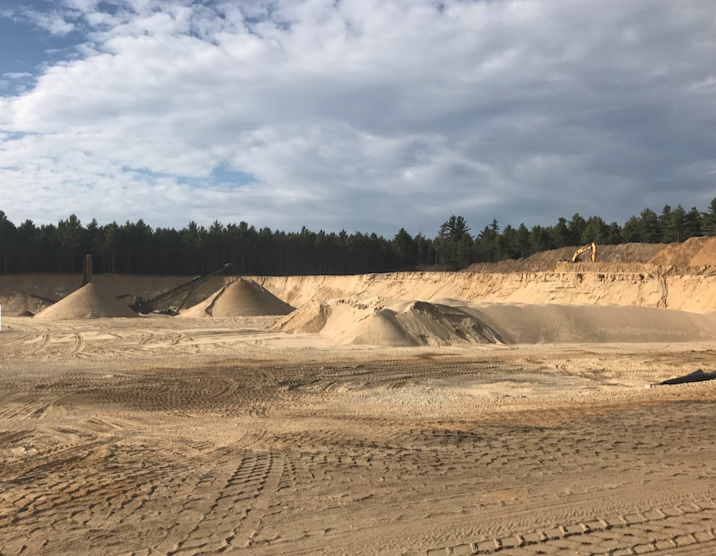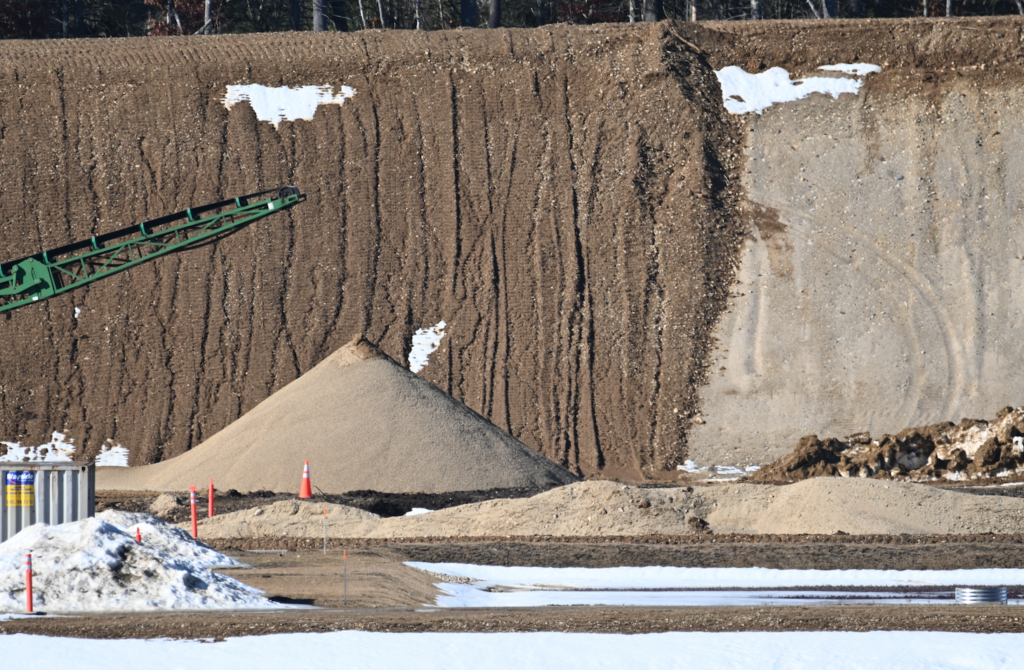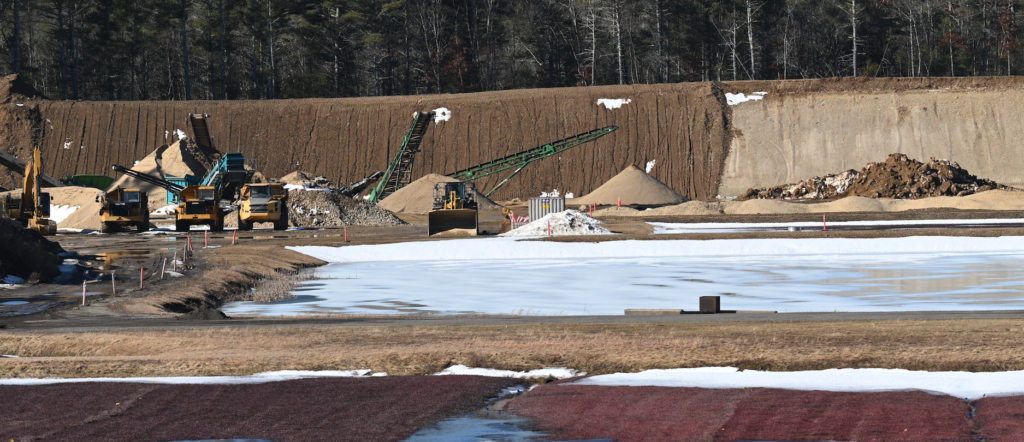While extracting millions of dollars of sand and gravel, cranberry growers claim they are “farming” and the mining is “agriculture”
These cranberry landowners enroll their land in the Massachusetts “Chapter 61A” program that allows them to pay reduced real estate taxes
A landowner who claims “agriculture” and enrolls in Chapter 61A tax status but uses the land primarily for mining is guilty of tax evasion
The Town of Carver is 50% wetlands, much of it cranberry bogs – and it is also home to massive sand and gravel mines on cranberry land classified under Chapter 61A as “agriculture”
According to the Town of Carver Conservation Commission:
“Nearly fifty percent of Carver is wetlands; a large portion of that is cranberry bogs, a cultivated wetland. Much of the forested land surrounding the cranberry bogs is the upland that provides our town so much of its open space.”
A basic view on Google Earth will show that much of this is “upland” has been mined for sand and gravel for a decade or more, like the AD Makepeace site at 59 Federal Road. The land is classified as “Chapter 61A agriculture.”
On December 5, 2022, Carver Concerned Citizens asked the Town Assessor for an investigation of the Makepeace sites and numerous others, including Slocum Gibbs Cranberry, Alex Johnson Cranberry, Johnson Brothers Cranberry, and the “ADGA” operation being run by Haseotis Agriculture. The group’s letter explains the issue.
Below: AD Makepeace mining site in Carver, 59 Federal Road. Land classified as agricultural use under Chapter 61A. Does this look like “agriculture” or a mining operation?

Below: Gary and Craig Weston, Franklin Marsh “Cranberry” mining site. Land classified as Chapter 61 A agriculture. Used for mining since 2018.
Photo: March, 2022. Wall of sand at mining site being excavated by Ryco Excavating and Gary and Craig Weston


